Biotechnology: Plant Health Management
Preface plants are the major sources of energy which can be utilized by all the living organisms which can not directly use sunlight as their energy source. They provide us with all the necessities of life like food, fodder, wood for fuel and construction etc. However, after the advent of human civilization, the varieties which can be cultivated for different purposes are getting reduced and wild varieties with resistant traits have lost out of high yielding varieties of different agricultural crops. The burgeoning human population is the primary reason for which the use of high yielding varieties has increased. These varieties of different agricultural crops. The burgeoning human population is the primary reason for which the use of high yielding varieties has increased. These varieties need high input of fertilizers, pesticides and other external recourses and hence are not sustainable. Most of the crops cultivated for human and cattle consumption are attacked by a number of pathogenic organisms leading to moderated to drastic reduction in yield of crop plants. The present book attempts to compile the major sources of plant pathogens including viruses, bacteria, fungi and nematodes which attack economically important crops and their management strategies based on conventional and ecofriendly methods. In addition, global scenario in fungal diversity, which comprise of approximately 1.5 million species, has also been discussed. The role of microbes in plant disease management, spoilage of stored food commodities and bioremediation of environmental pollutants has also been put in perspective. This volume has been compiled in respect of professor H.N. Verma, a distinguished virologist of our country. Prof. Verma has made major contributions for over 40 years towards the understanding of plant diseases caused by viruses and the development of antiviral proteins form plant sources. On account of their dependence on living beings for generation of their life, immense adaptability and mode of nutrition, viruses have occupied a very important place in plant pathology. Prof. Verma, through his long association in virology, is also credited with guiding at least two generations of virologists who are serving the field of plant pathology on our country in different capacities. Biotechnology is an interdisciplinary science dealing with optimization and utilization of biological catalysis for the development of useful products or systems of different organisms including plants, bacteria, viruses, etc. Biotechnology is in many aspects shaping our life and affecting our means of production, and job creation. Progress in the applications of biotechnology depends on a wide base of basic as well as applied sciences. The output of biotechnology has already proved itself in many diverse fields from health to agriculture. It is therefore difficult to follow all the current as well as the potential applications of biotechnology. This comprehensive volume covers the entire field of plant health management with emphasis on the use of microorganisms in various biotechnological aspects of agriculture which could lead to sustainability in the modern agriculture. It does not merely define the numerous subjects covered (30 chapters) but describes them in detail. Each chapter of this book serves as a comprehensive overview of a given area, providing breadth of coverage for students and depth of coverage for research professionals. Focusing on recent developments and advances in molecular plant-microbe interactions, this book contains the chapters focused on interactions between plants and various "Microbes" including viruses, beneficial and pathogenic bacteria, fungi and nematodes. The book examines the host-pathogen interactions in the light of new tools and techniques of molecular biology and genetics. Scope of integrating microbial biopesticides in the management of pathogens, pests and weeds of agriculture and forestry has been evaluated. It covers chapters on mechanisms of disease, plant defence, communication between plants and their associated beneficial and pathogenic microbes, mechanisms of virulence and avriulence, virus induced gene silencing and biocontrol agents as well as contributions on new research fields such as mycorrhizae, plant-nematode and plant-insect interactions. Both agricultural and natuoral host-pathogen situations are addressed. While most of the book focuses on plant pathology, in the usual sense of the term embracing fungal, bacterial and viral pathogens. He book examines the role of microbes in growth promotion, bioprotectors, and bioremidiators, and presents protocols and practical strategies for using microbes in sustainable agriculture. The green revolution showed us how to succeed. Now we believe that agri-biotechnology is the new success platform with genetically modified bio-fertilizers and bio-pesticides. These will be the issues for the future and solution to our needs. He role of viral pathogens in different vegetables, fruits, groundnut and different pulse crops has been discussed in detail in different chapters. The history of plant pathology is full with examples of fungal diseases causing havoc with human populations at different times. The recent advancements in molecular biology of viruses and phyoplasmas have also included in the volume and form an important part of the book. The present volume also includes chapters on some economically important pathogens of brinjal, sugarcane, and mango. The microbes also play a very important role in spoilage of food commodities like fruits after harvest and this can be mimnized by using some volatile oils. Both these aspects have also been discussed in detail. In addition, the use of botanicals vis a vis chemical pesticides has also been reviewed for the benefit of research scholars and teaching community. The etiology and management f medicinal and aromatic plants (MAPS) have also been reviewed for the benefit of research scholars and teaching community. The Etiology and management of medicinal and aromatic plants (MAPS) have also been discussed with recent advancements as MAPS are becoming an integral part of our lives. In last few chapters of the volume, the role of nematodes in plant disease development, the losses caused by them and various management strategies has been included.
Get it now and save 10%
BECOME A MEMBER

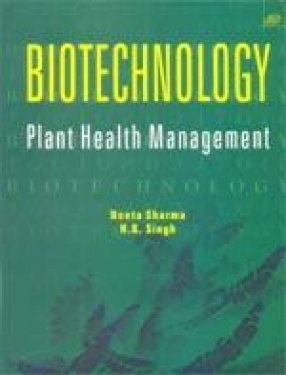
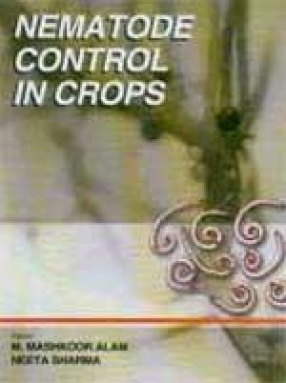
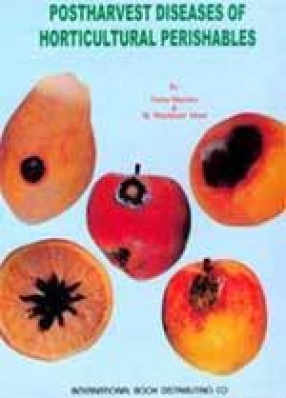
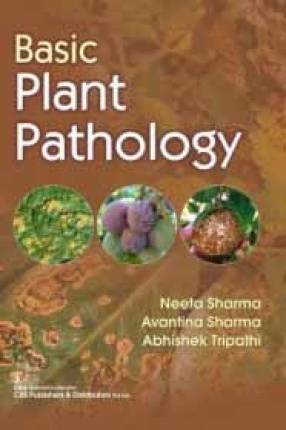
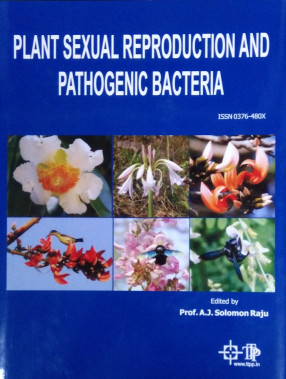
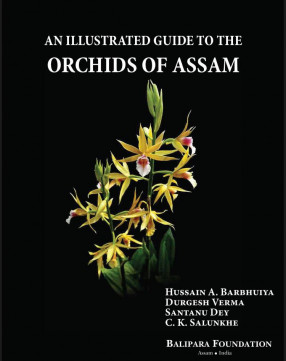
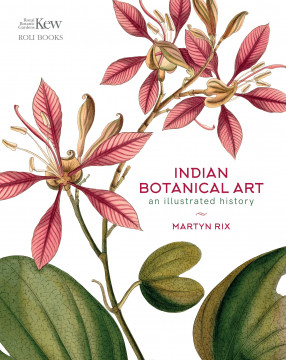
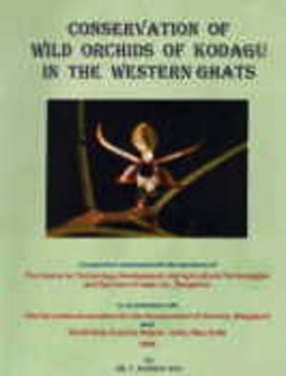

Bibliographic information
Neeta Sharma
Tags